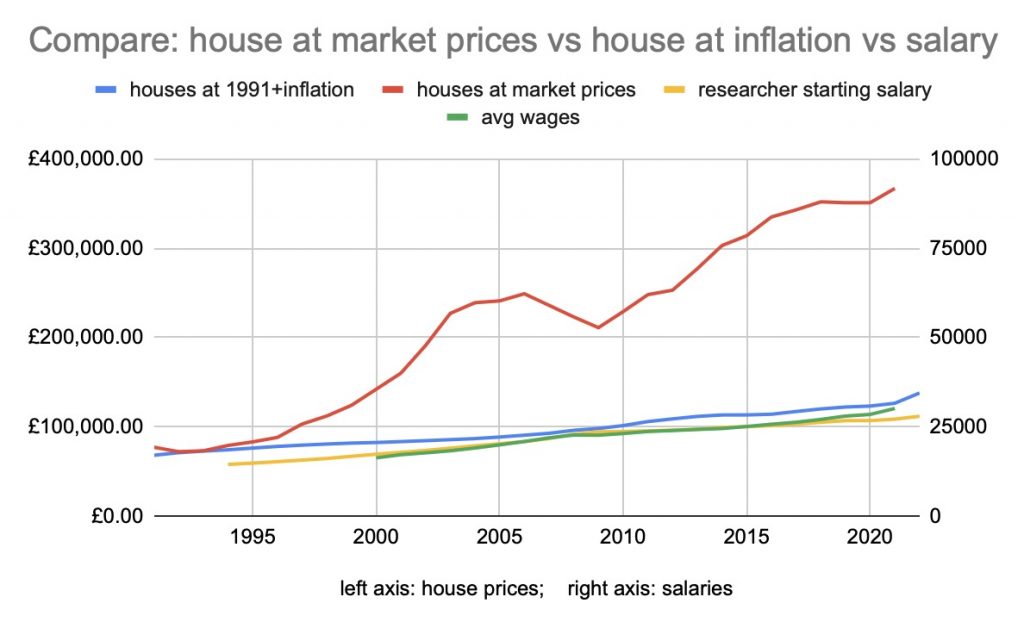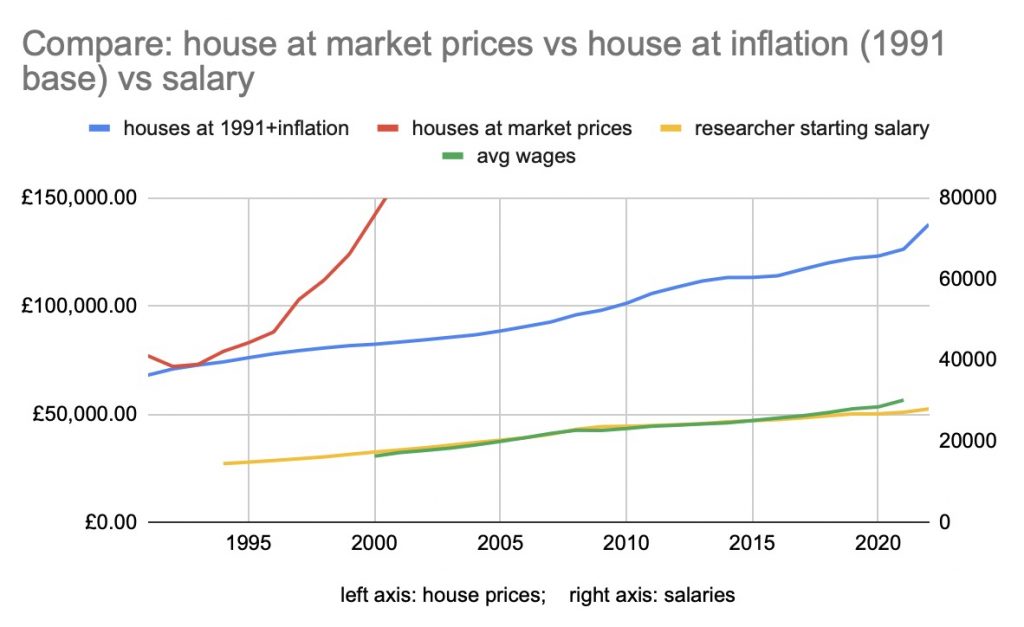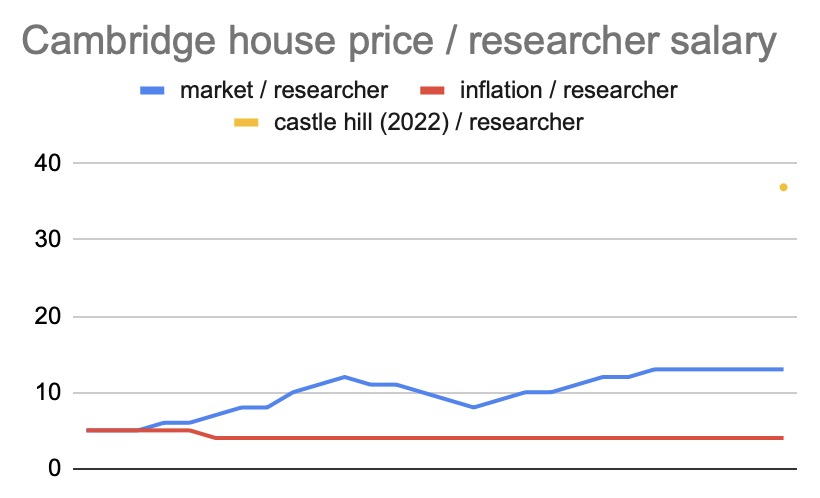Planning conditions
A missing planning condition can lead to shortcuts being taken and loopholes used during building. Queen Edith’s Cllr Sam Davies explains how difficult it is to resolve problems where the process of building something isn’t what was expected when the planning permission was granted.
Some things are just shit, but there are repeat systemic offenders who can be shown. Is it achievable that they can only cheat the system once?
Those who take shortcuts aren’t the only ones involved in an application – from architects to consultants to contractors to specialists, in a well monitored system, there are many entities to dissuade dodgy activity because it’s their reputation too.
Cambridge City Council has a list of upheld complaints, and the media has high profile examples.
A list could be maintained, similar to the first draft below, that if an application involves a company listed, then explicit conditions (for the entire project) should be considered due to past failings:
Missing planning conditions:
(You may need to put reference codes into this page on the planning site to see any documents):
- Brookgate’s CB1: shared areas were not finished on time, affordable housing cut, community/cultural elements got cut (for future projects, all those should be completed prior to final part planning approvals being submitted)
- 291 Hills Road (17/1372/FUL): Gibson Developments, NP Architects, Clifton Plasterings, Carter Jonas: Stronger tree conditions, address repeated blocking of pavement and stronger conditions of unmet restrictions.
- GB1 (20/01972/OUT): Commercial Estates Group (CEG), Lichfields, Carter Jonas: Enhanced active travel conditions required
There are probably other examples. Attaching future planning application conditions, and companies responsible for the long list of (systemic) problems in the camcycle archive is an exercise for someone else.
If someone tweets other learning opportunities for missing conditions, or the draft objections / conditions text for others to use, I’ll add links to them.
Updating
Planning documents remain largely inaccessible, especially for bulk monitoring like this, making it exceptionally difficult for there to be proactive monitoring by the community of when an application may need these conditions to avoid repeat offenders getting away with harming communities. Hopefully DLUHC is doing something about that.
Such an archive also would make it far easier to answer a related question: which applicants waste the most committee time with incomplete applications?
 Disruptive Proactivity
Disruptive Proactivity

